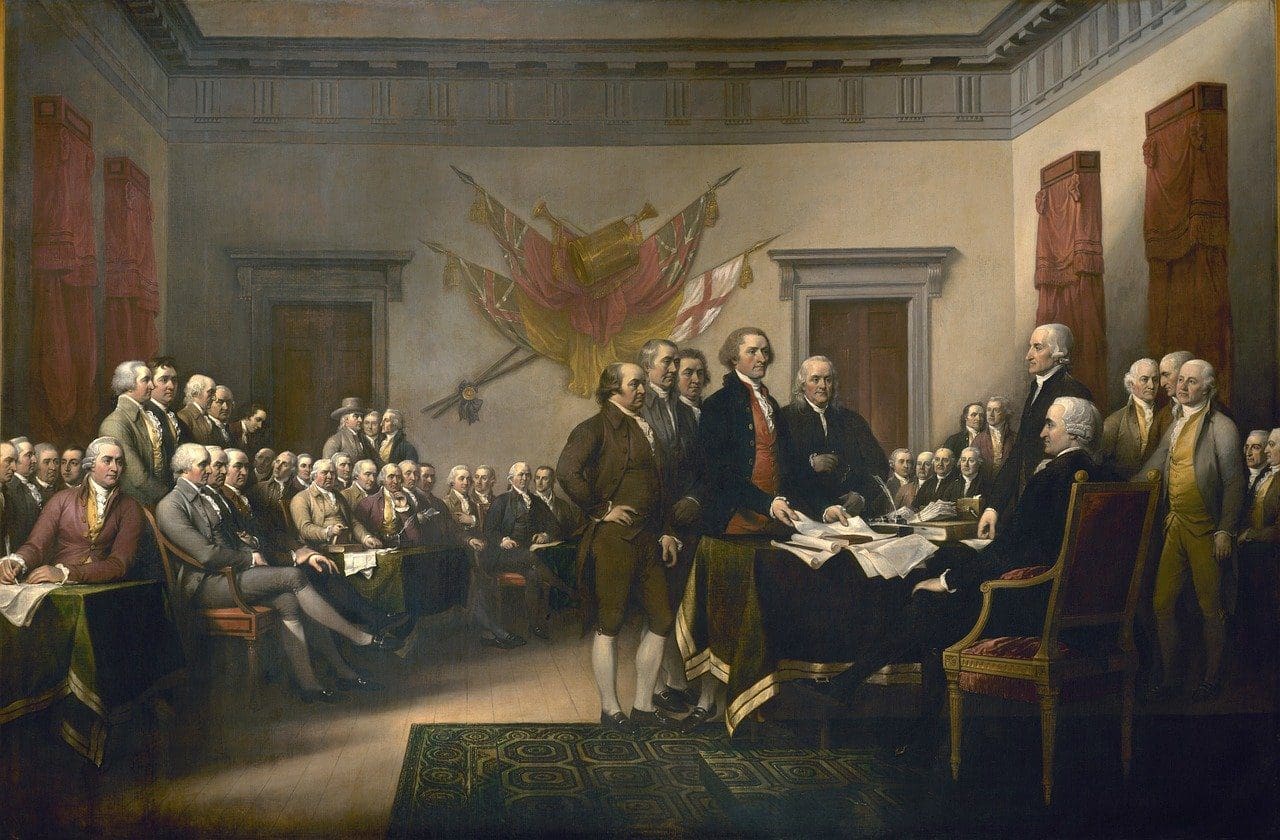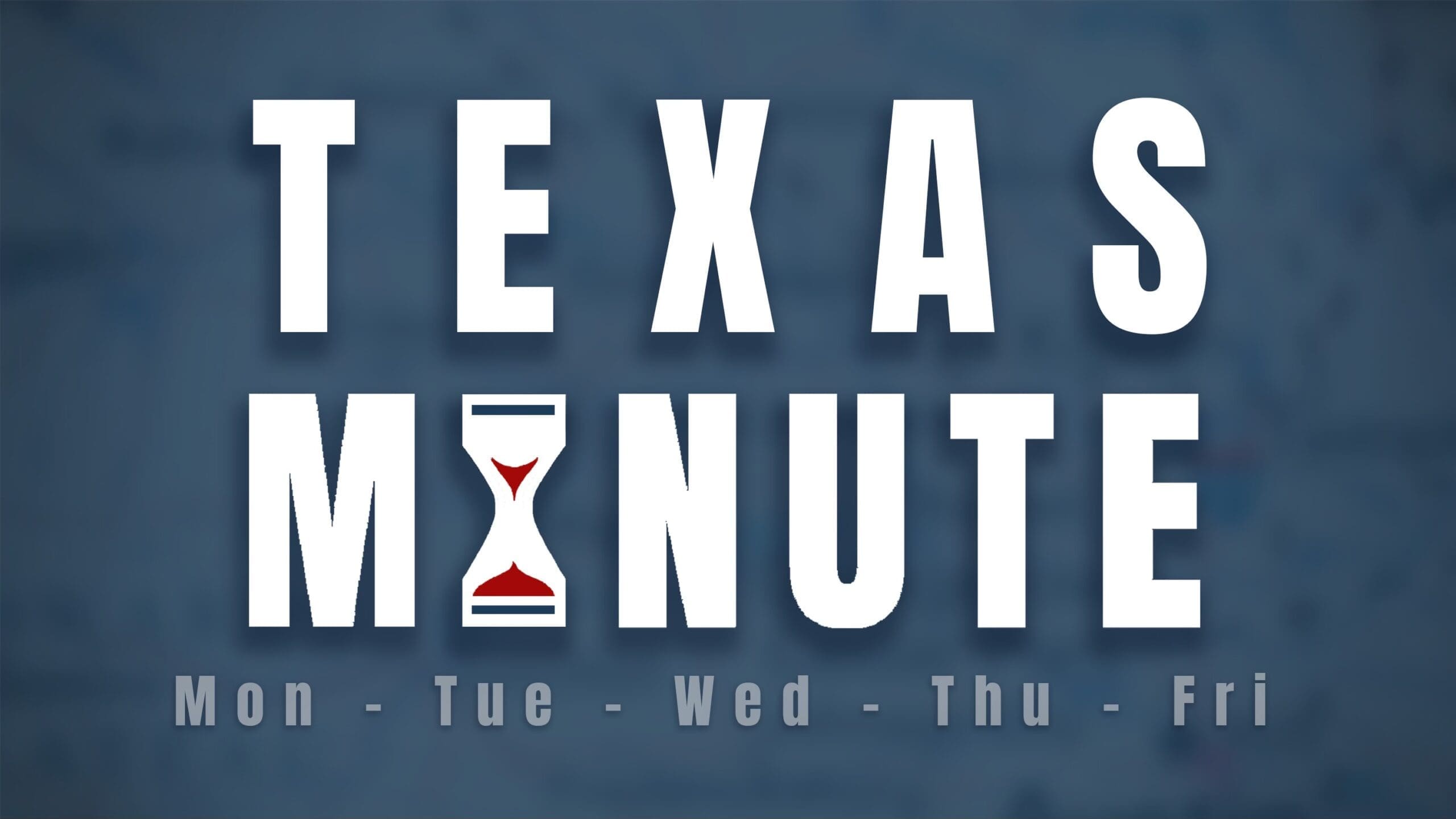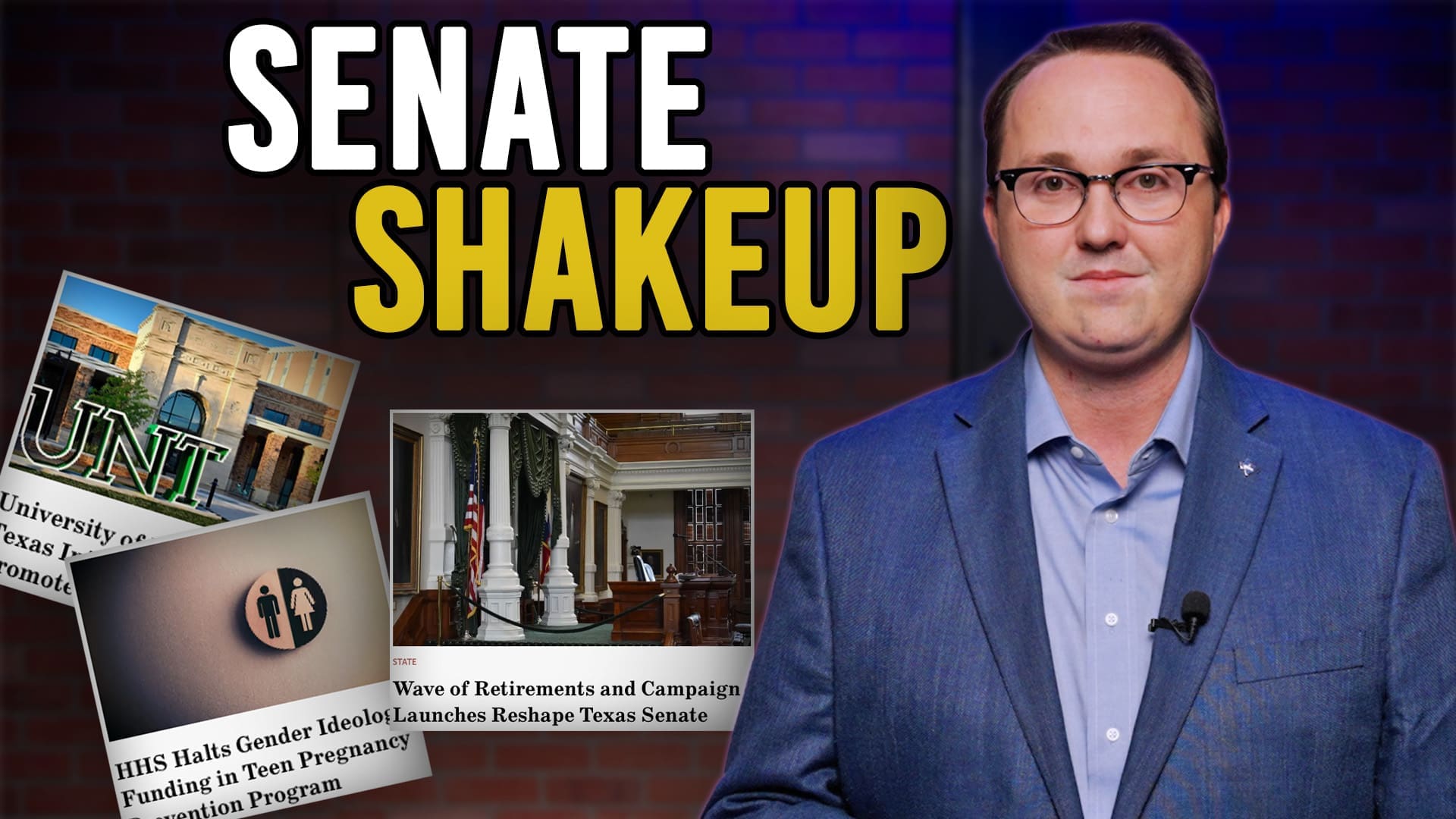Free speech advocates are cautiously optimistic after a judge expressed “concerns” about the constitutionality of a city electioneering ordinance currently being challenged in court.
In a hearing Tuesday to consider a temporary injunction against the City of McKinney’s controversial new ordinance, which takes electioneering restrictions well beyond state law, District Judge Benjamin N. Smith appeared skeptical of the city’s attempt to limit free speech.
“I don’t take lightly the request to declare a duly passed city ordinance to be unconstitutional,” Smith said. “However, I do have those concerns regarding the restrictions placed on the First Amendment right of political speech.”
“One of the primary questions I have,” Smith added, “is what is the compelling or significant government interest underlying the restriction?”
McKinney City Council unanimously approved the electioneering ordinance last October, ostensibly “to protect the health, safety and welfare of the City.” But its impact on political free speech became apparent during this year’s primary election – the first since the ordinance was passed.
 Candidates and campaign workers were shocked when they showed up at city-owned polling locations and were told they could only place signs and hand out campaign literature in a “Designated Area for Electioneering.” Some of the free speech zones were hundreds of feet away from building entrances; one was in a muddy field.
Candidates and campaign workers were shocked when they showed up at city-owned polling locations and were told they could only place signs and hand out campaign literature in a “Designated Area for Electioneering.” Some of the free speech zones were hundreds of feet away from building entrances; one was in a muddy field.
Activists began protesting the ordinance during the early voting period, openly electioneering in areas prohibited by the city ordinance but outside the 100-foot buffer zone established by state law.
Amid complaints that the new rules effectively barred citizens from engaging voters, City Council met March 1 to reconsider the ordinance but refused to repeal its free speech restrictions. Only Councilmember Chuck Branch voted to revise the ordinance.
After that, the city began ticketing people who held signs or distributed literature outside of its “designated areas.” McKinney police cited Aaron Harris (head of government-watchdog group Direct Action Texas), Brent Connett, Devin Huffines, Matthew Langston, and Jacob Thomas when they refused to cease electioneering outside of one of the city’s busiest polling locations, the John and Judy Gay Public Library.
The five then sued the city to stop it from enforcing its ordinance. Judge Smith granted their request for a temporary restraining order on March 5, just ahead of primary Election Day.
Smith found that the plaintiffs would “suffer irreparable harm to their First Amendment right of free speech” and “significant damage to their constitutional rights of political free speech” if the ordinance was enforced.
At Tuesday’s hearing, the judge’s opinion appeared unchanged.
“I’m having a hard time finding that those restrictions are necessary to serve the city’s interest,” Smith said.
McKinney City Manager Paul Grimes said that council passed the ordinance in response to residents’ complaints about being “harassed” by electioneers outside the library.
That rationale didn’t seem to convince the judge.
“It seems like in our culture, some think they have a right to not be annoyed when going to vote,” Smith said. “Of course, I have no concern for the culture, only the law in this matter.”
Plaintiffs’ attorney Joe Nixon argued that the city’s designated areas prevent interaction with voters and unconstitutionally prohibit free speech.
Harris told Texas Scorecard he is cautiously optimistic about the outcome of the case.
“We are very pleased with how the hearing went,” Harris said. “Judge Smith took everything under advisement and will rule sometime next week.”
“McKinney’s ordinance is clearly unconstitutional and we look forward to a victory,” he added. “The question residents of McKinney should be asking is, how long are you going to put up with this waste of taxpayer money from your current leadership?”
McKinney’s next City Council meeting is set for April 3. As of today, an agenda is not yet available.





